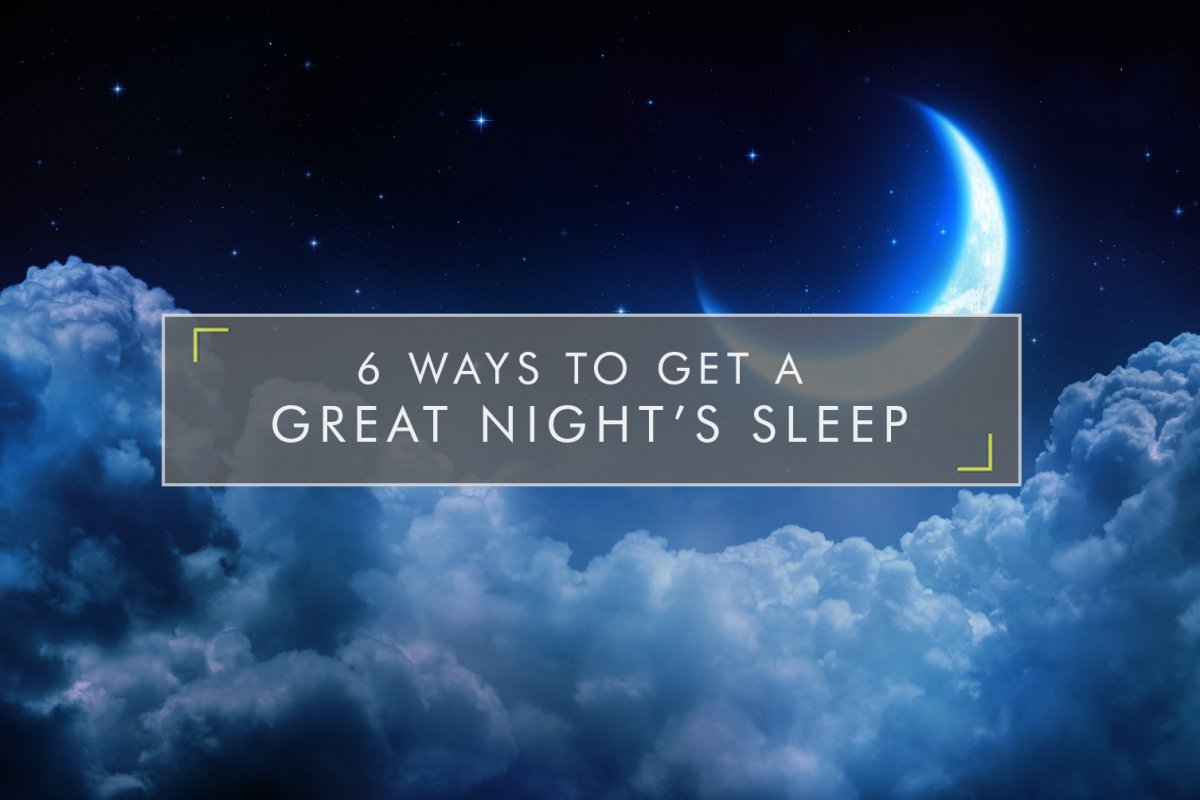Ah, exam season – the time of year that sends shivers down the spines of students everywhere...

6 Ways to get a Great Night’s Sleep
By Student Cribs | July 14, 2022 | Reading Time: 6 minutes
Struggling to get some shut-eye? These tips will send you to sleep!
The more you work at developing good sleep habits, the easier it will be to drop off when you really need your rest – like the night before an exam or important interview. You might even find it useful to keep a sleep journal to track which tips work for you.
1. Deal with noise
Noisy housemates are the #1 moan for student renters, but there are a few things to try before it causes a real headache:
- Wear headphones or earplugs for sleep or study
- Compromise about quiet hours or volume levels, and agree to give each other notice about parties
- Keep your cool if your issues are with neighbours or antisocial activity in the street: housing charity Shelter explains what to try first.
2. Tackle stress
Emotions that gets the brain, heart or muscles pumping can leave you in knots. However, feelings that keep you awake can be triggered hours (or days) earlier, so you don’t always spot the connection.
Mindfulness is great for this: it helps you manage emotions during the day, leaving you ready to rest at night. Because it teaches you how to relax, you can then use self-calming techniques like breath awareness to drift off to sleep, too. Meditation and sleep app Insight Timer (free) is worth a look.
Other ways to release emotions include exercise, art, journaling or talking about how you feel – so find ways to include them in your daily life. If no one’s ever shown you how to manage or talk about emotions, learning how to look after your mental health can be life-changing.
3. Use a sleep app
There are tons of free sleep apps, so try a few to see what works for you:
- Relax melodies lets you mix ‘n’ match sleep-inducing sounds like rainfall, birds and flutes
- Pzizz uses soundtracks to send you to sleep. The full app isn’t cheap, but there’s a free trial plus one permanently free sleep pack.
- The Calm app now includes sleep stories to help you nod off.
- Sleep Time is an alarm clock that uses your natural sleeping patterns to wake you at the optimal time. They say this helps you feel alert and refreshed for the rest of the day.
If apps don’t tap your button, try video content. Binaural beats and ASMR are particularly good at putting people to sleep.
4. Put your phone away
While sleep apps can help, annoyingly, too much screen time makes it harder to nod off. This is partly because reading and posting online stimulates the brain / emotions, but also because of the blue light given off by screens.
Some gadgets now include a blue light setting to counteract the effects (check your manual). Alternatively – yep – there’s an app for that: check your device’s app store.
The best advice is to go screen-free in the hour before bed. Put your phone down, turn off the TV, tablet or computer and do something offline instead: a bath or a book are ideal.
5. Get ready for bed
As a renter, you won’t always have a say in what your surroundings looks like. There are still things you can do to create the right environment for sleep:
- An eye mask is a great addition if curtains or blinds don’t completely block outside light
- Experiment with bedding or heating to get the right temperature to fall and stay asleep
- Try not to work, study and eat in the bedroom. If it’s unavoidable, keep the place clutter-free and turn gadgets off at the wall – don’t leave them blinking on standby
- Aim to go to bed and wake up at consistent times (for most of the week, at least).
If you share a space with a snorer, or stuff yourself into a single bed with another body, schedule in alone time before important events or exams for a better night’s rest.
6. Watch the snacks
It’s not just booze and late nights which cause sleep deprivation – too much sugar, salt, nicotine and caffeine can be just as bad. In fact, eating and drinking anything too much or too late is likely to keep you awake, in pain or rushing to the loo. You know yourself best, so figure out when to stop eating and drinking, and stick to it.
Not being able to sleep can be incredibly frustrating. Everyone has their own solution to getting a good night’s rest. With a bit of patience, you will, too.
If you’re really struggling to fall asleep, or always wake feeling exhausted, it’s time to get medical advice. Make an appointment with your health service and take it from there.
Guest blog by Ruth Bushi, an editor at Save the Student – the UK’s largest student money advice site.
Make an Enquiry / Book a Viewing
Similar Posts

7 Exam Season Hacks You Need To Know!
Exam season is a daunting time for us all; filled with stress, hunger tiredness and so on...


